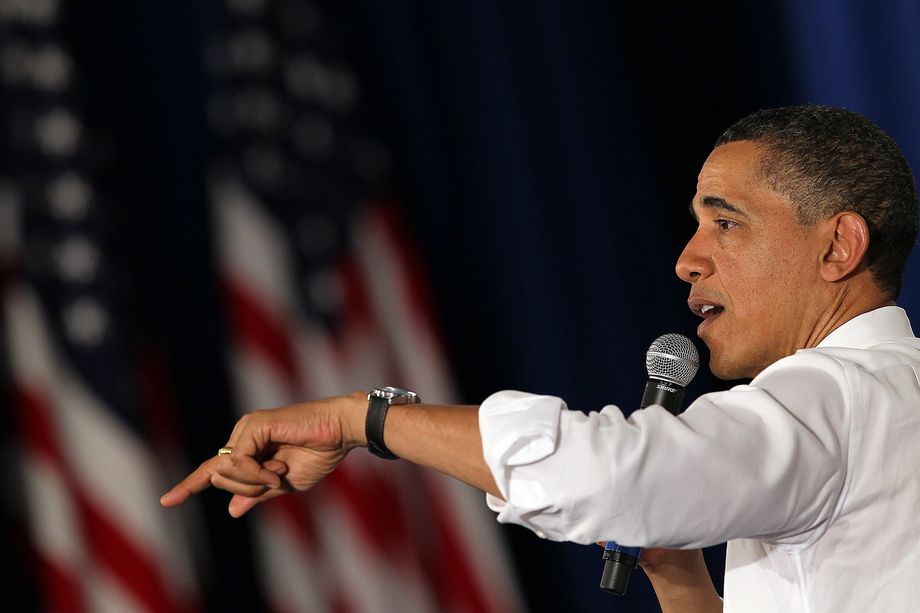
17 Oct President Obama explains the difference between Silicon Valley and the real world by April Glaser
When U.S. President Barack Obama spoke at the White House-hosted Frontiers Conference in Pittsburgh last week, he closed with a rather apt nod to Silicon Valley types.
The President reminded the entrepreneurial tech enthusiasts in the room that government doesn’t work like a startup — on purpose. That’s because the government has to be accountable to everyone, with diverse needs and competing interests in tow. And that’s way more complicated than serving an app’s user base.
Obama continued to push back against those inclined to “blow up the system, or create this parallel society and culture because government is inherently wrecked,” noting that the government isn’t broken, but rather that caring for everyone isn’t an easy task. It takes time and patience and a sense of responsibility to people who continue to depend on existing systems and can’t afford to change quickly.
Here’s the relevant section of Obama’s speech: (as highlighted on Twitter by Kim-Mai Cutler and Drew Olanoff)
The final thing I’ll say is that government will never run the way Silicon Valley runs because, by definition, democracy is messy. This is a big, diverse country with a lot of interests and a lot of disparate points of view. And part of government’s job, by the way, is dealing with problems that nobody else wants to deal with.
So sometimes I talk to CEOs, they come in and they start telling me about leadership, and here’s how we do things. And I say, well, if all I was doing was making a widget or producing an app, and I didn’t have to worry about whether poor people could afford the widget, or I didn’t have to worry about whether the app had some unintended consequences — setting aside my Syria and Yemen portfolio — then I think those suggestions are terrific. (Laughter and applause.) That’s not, by the way, to say that there aren’t huge efficiencies and improvements that have to be made.
But the reason I say this is sometimes we get, I think, in the scientific community, the tech community, the entrepreneurial community, the sense of we just have to blow up the system, or create this parallel society and culture because government is inherently wrecked. No, it’s not inherently wrecked; it’s just government has to care for, for example, veterans who come home. That’s not on your balance sheet, that’s on our collective balance sheet, because we have a sacred duty to take care of those veterans. And that’s hard and it’s messy, and we’re building up legacy systems that we can’t just blow up.
The day before the Frontiers Conference, the Obama Administration released a report on how the American government can be involved in an increasingly AI-powered future.
The report calls for deep collaboration between technologists, scientists and the government at all levels, such as by funding large research projects and inviting people with technical expertise into senior-level policy making.
So it’s not that President Obama doesn’t want to work with Silicon Valley. In fact, it’s the opposite. Rather, he recognizes that government shouldn’t tackle problems the same way a private company does, and there are important reasons why.


Sorry, the comment form is closed at this time.